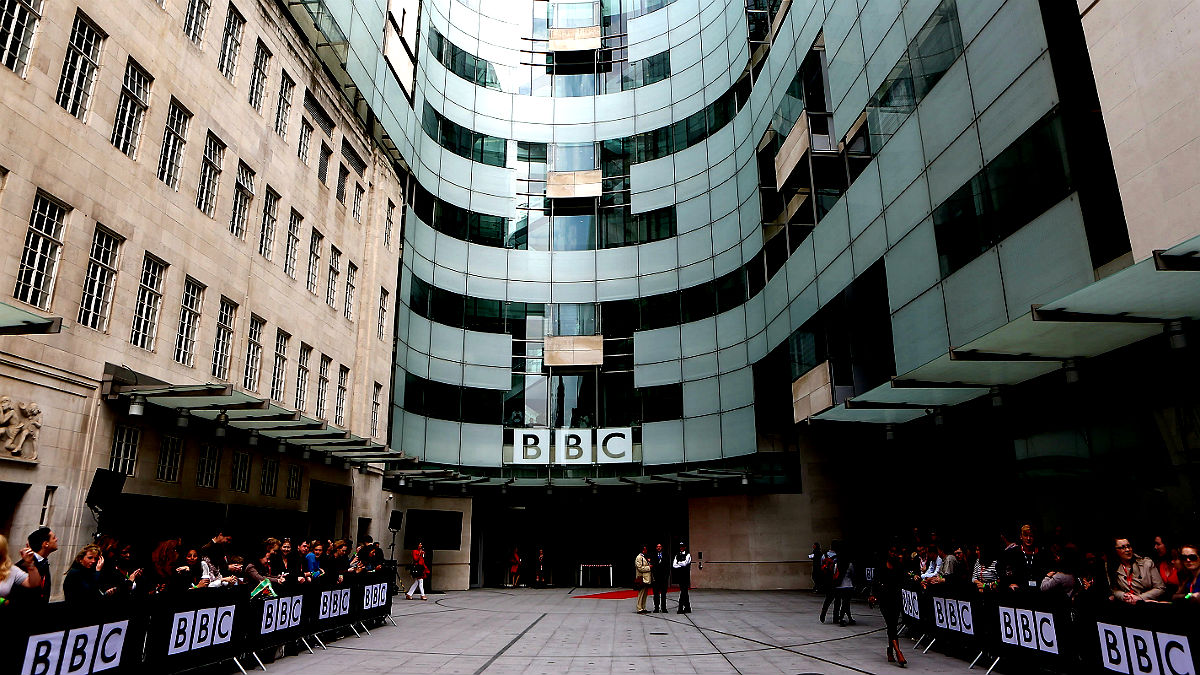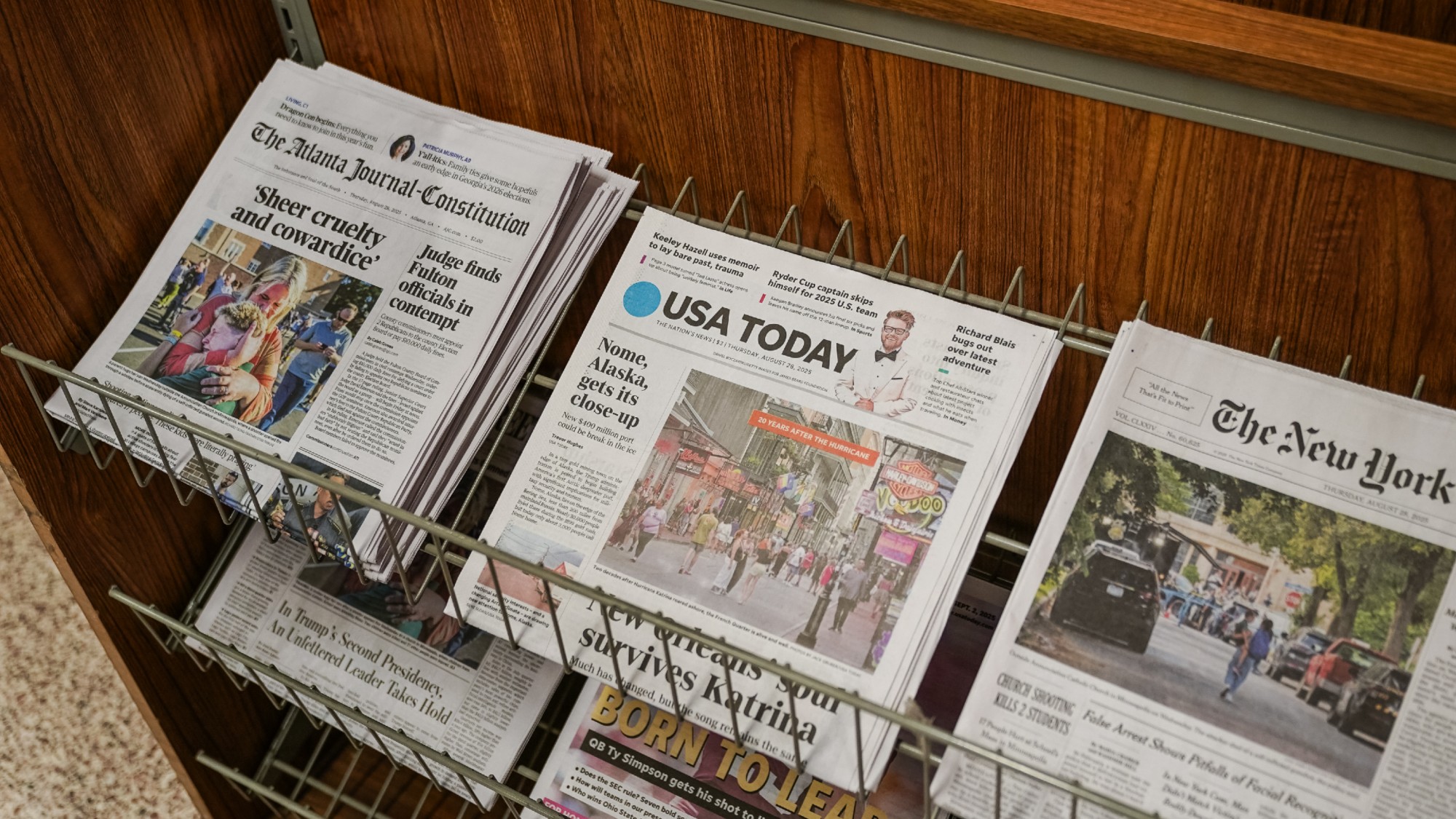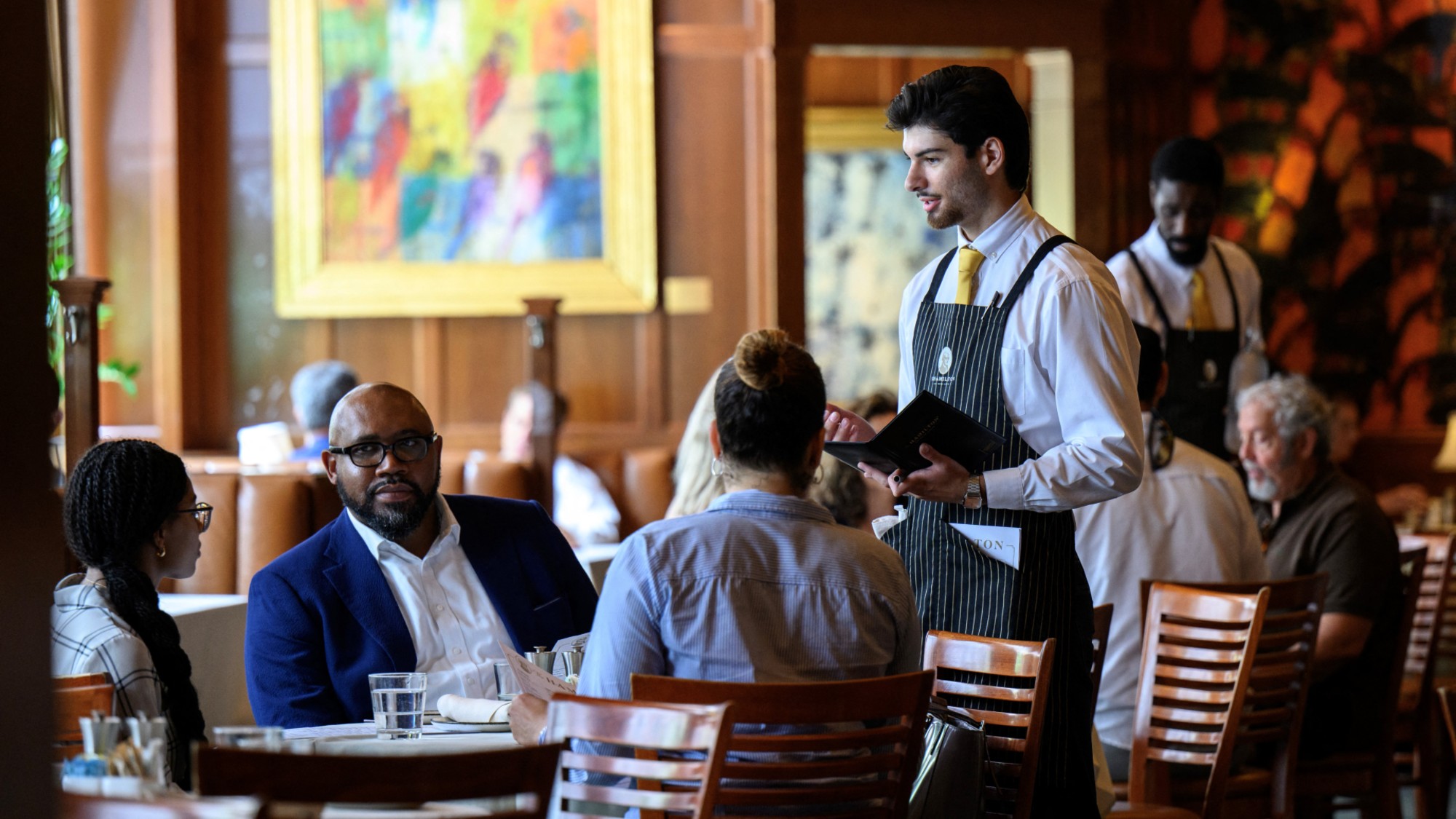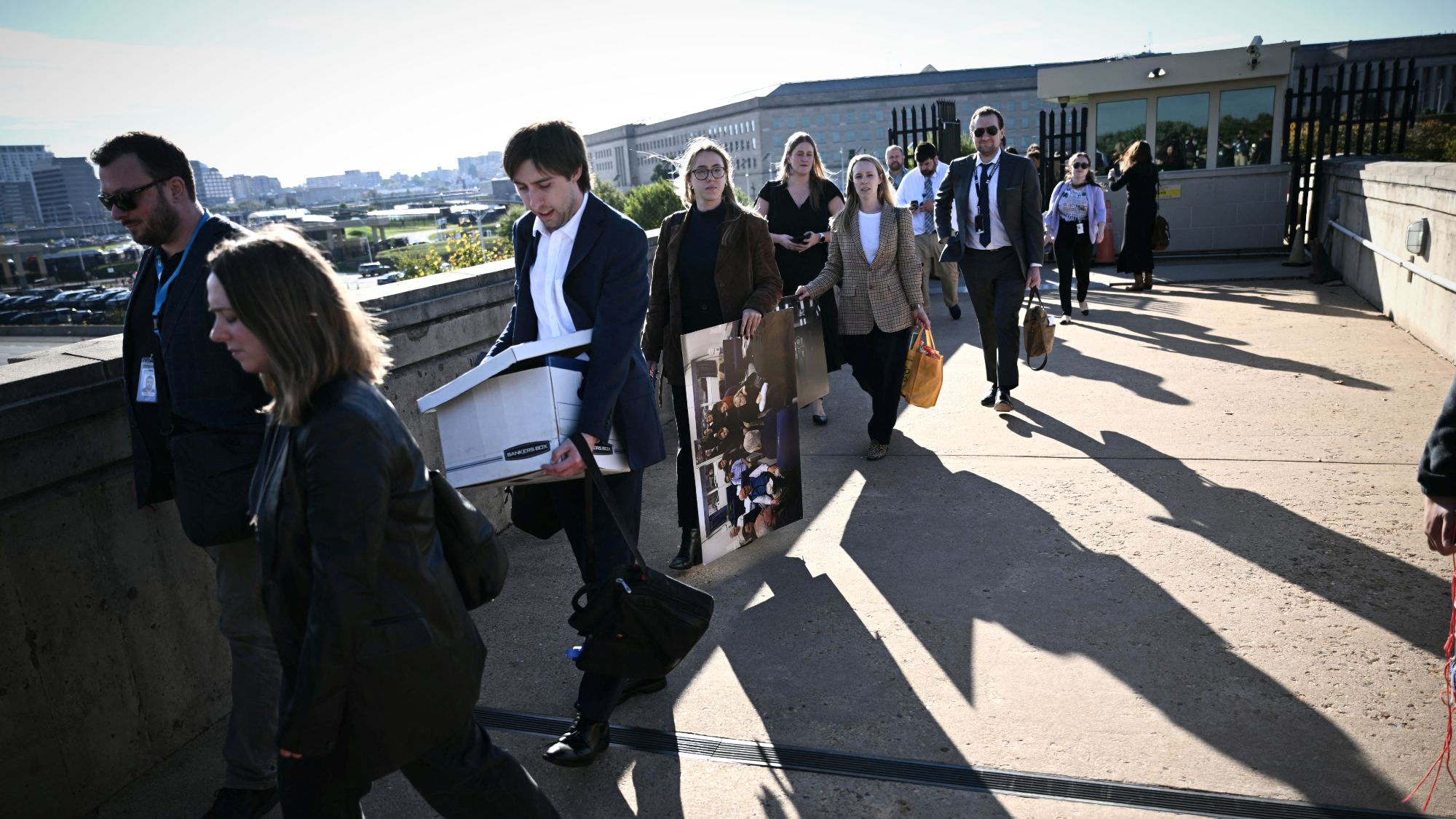The BBC, the next election and economic ignorance
New review finds reporters lack understanding of ‘basic economics’ and so compromise broadcaster’s coverage

A free daily email with the biggest news stories of the day – and the best features from TheWeek.com
You are now subscribed
Your newsletter sign-up was successful
An independent review of the BBC’s coverage of government financial policies has concluded that “too many” of its journalists lack an understanding of “basic economics”, leading to problematic, biased or confused reporting.
The criticisms were part of a newly published “thematic review” of the BBC’s coverage of “taxation, public spending, government borrowing and debt output”. The review was commissioned by the BBC board.
Two economics experts, Michael Blastland and Sir Andrew Dilnot, were given the job of assessing the BBC’s impartiality on such matters, but found that reporters at the corporation “lack understanding of basic economics”, which could compromise their ability to cover complex economic and financial stories successfully.
The Week
Escape your echo chamber. Get the facts behind the news, plus analysis from multiple perspectives.

Sign up for The Week's Free Newsletters
From our morning news briefing to a weekly Good News Newsletter, get the best of The Week delivered directly to your inbox.
From our morning news briefing to a weekly Good News Newsletter, get the best of The Week delivered directly to your inbox.
‘Vaunted impartiality is at risk’
The review “does not hold back,” said James Meadway, director of the Progressive Economy Forum, in The Guardian. Journalists were criticised for regularly relying on simplistic political narratives and reporting party intrigue and Westminster gossip to cover over their “limited understanding” of the issues.
“Some journalists” at the BBC apparently “instinctively” believe all debt to be inherently bad, the review suggested, and therefore failed to appreciate that the role of government debt is “contested and contestable”. The review singles out “household analogies” for the government debt, in particular, as “dangerous territory”.
The depth of the criticism means the broadcaster’s “vaunted impartiality is at risk”, said the Daily Telegraph. This is especially problematic given that “the reach of the BBC gives it enormous power to move the news agenda”, the paper said. “This is particularly so when it comes to financial matters, as well as spending and taxation policies.”
“This isn’t another piece of ‘BBC bashing’,” said the Telegraph, but a “serious point made by independent scrutineers”, which “Tim Davie, the director-general, and his managers should take seriously”.
A free daily email with the biggest news stories of the day – and the best features from TheWeek.com
‘Most important arena for next election’
There are “two consequential things we know about the next election”, said Stephen Bush in the Financial Times: “one of the big battlegrounds will be economic policy, and the most important arena the contest will be fought in will be the BBC.”
The two matters tie together directly because, according to Ofcom, eight in 10 UK adults use the BBC in some form every week, while 73% use the BBC for news.
This means that “the decisions it makes about how to cover British politics matter more than almost everything else”, Bush wrote. And “some of the most important and difficult decisions will concern tax and spend”.
The impact that economic reporting has on politics is immediately apparent if you look to the past decade, said Meadway in The Guardian.
“Would a public not spoon-fed mush about the supposed perils of government borrowing have been so ready to accept David Cameron and George Osborne’s austerity in the early 2010s,” he asked. “Would Labour’s then leadership have felt so compelled to support spending cuts – a position that helped lay the ground for Jeremy Corbyn’s anti-austerity leadership bid? Might the Brexit vote have gone differently?”
Arion McNicoll is a freelance writer at The Week Digital and was previously the UK website’s editor. He has also held senior editorial roles at CNN, The Times and The Sunday Times. Along with his writing work, he co-hosts “Today in History with The Retrospectors”, Rethink Audio’s flagship daily podcast, and is a regular panellist (and occasional stand-in host) on “The Week Unwrapped”. He is also a judge for The Publisher Podcast Awards.
-
 Political cartoons for February 21
Political cartoons for February 21Cartoons Saturday’s political cartoons include consequences, secrets, and more
-
 Crisis in Cuba: a ‘golden opportunity’ for Washington?
Crisis in Cuba: a ‘golden opportunity’ for Washington?Talking Point The Trump administration is applying the pressure, and with Latin America swinging to the right, Havana is becoming more ‘politically isolated’
-
 5 thoroughly redacted cartoons about Pam Bondi protecting predators
5 thoroughly redacted cartoons about Pam Bondi protecting predatorsCartoons Artists take on the real victim, types of protection, and more
-
 How corrupt is the UK?
How corrupt is the UK?The Explainer Decline in standards ‘risks becoming a defining feature of our political culture’ as Britain falls to lowest ever score on global index
-
 The high street: Britain’s next political battleground?
The high street: Britain’s next political battleground?In the Spotlight Mass closure of shops and influx of organised crime are fuelling voter anger, and offer an opening for Reform UK
-
 ‘Journalism is on notice’
‘Journalism is on notice’Instant Opinion Opinion, comment and editorials of the day
-
 Nigel Farage’s £9mn windfall: will it smooth his path to power?
Nigel Farage’s £9mn windfall: will it smooth his path to power?In Depth The record donation has come amidst rumours of collaboration with the Conservatives and allegations of racism in Farage's school days
-
 Is a Reform-Tory pact becoming more likely?
Is a Reform-Tory pact becoming more likely?Today’s Big Question Nigel Farage’s party is ahead in the polls but still falls well short of a Commons majority, while Conservatives are still losing MPs to Reform
-
 ‘The business ultimately has a customer base to answer to’
‘The business ultimately has a customer base to answer to’Instant Opinion Opinion, comment and editorials of the day
-
 ‘This estrangement from death has beget euphemisms’
‘This estrangement from death has beget euphemisms’Instant Opinion Opinion, comment and editorials of the day
-
 Pentagon reporters turn in badges after refusing rules
Pentagon reporters turn in badges after refusing rulesSpeed Read They refused to sign a restrictive new press policy imposed by Defense Secretary Pete Hegseth